When using a WordPress website, especially for image loading issues, the performance of the media library needs to be optimized. This article will detail how to optimize WordPress media library performance to prevent image loading issues.
1. Compressing and optimizing images
Image compression using plugins
![Image[1]-Optimize WordPress media library performance to prevent image loading problems - Photon Flux | Professional WordPress Repair Service, Global Reach, Fast Response](https://www.361sale.com/wp-content/uploads/2024/07/2024071607430457.png)
The first step in optimizing the performance of your media library is to compress your images. Here are some popular image compression plugins:
- Smush::Automatically compresses images and reduces file size.
- Imagify::Provides multiple compression levels to maintain a balance between image quality and file size.
- EWWW Image Optimizer::Supports batch optimization to improve the overall performance of the media library.
Manual compression of images
In addition to using a plugin, you can also manually compress your images before uploading them. It is recommended to use an online tool such asTinyPNGmaybeImageOptimThe
2. Use of appropriate image formats
![Image[2]-Optimize WordPress media library performance to prevent image loading problems - Photon Flux | Professional WordPress Repair Service, Global Reach, Fast Response](https://www.361sale.com/wp-content/uploads/2024/07/2024071309013990.png)
Choosing the appropriate format based on the content of the image will help optimize load times:
- JPG: For complex images such as photographs.
- PNG: For images that require a transparent background.
- WebP: Compared to JPEG and PNG, the WebP format provides higher compression rates with no loss of quality.
Should be used with cautionGIF. Animations tend to slow down your website.
3. Delayed loading of images (Lazy Load)
Delayed loading can significantly improve page loading speed, especially for pages containing a large number of images.Lazy Load technology loads an image only when the user scrolls to its position. The following plugins enable this feature:
- Lazy Load by WP Rocket: Lightweight plugin that is easy to configure.
- a3 Lazy Load: Supports delayed loading of videos and iframes.
4. Utilization of content delivery networks (CDNs)
![Image[3] - Optimize WordPress media library performance to prevent image loading problems - Photon Flux | Professional WordPress Repair Service, Global Reach, Fast Response](https://www.361sale.com/wp-content/uploads/2024/05/2024052516035584.png)
A CDN distributes image content to server nodes around the globe, ensuring that users load images from the server closest to them, reducing load times. Commonly used CDN services are:
- Cloudflare: Offers free plans for small sites.
- MaxCDN: Focus on content acceleration and stable performance.
5. Regular clean-up of unused images
![Image[4] - Optimize WordPress media library performance to prevent image loading problems - Photon Flux | Professional WordPress Repair Service, Global Reach, Fast Response](https://www.361sale.com/wp-content/uploads/2024/07/2024071607471115.png)
Unused images take up a lot of storage space and affect the efficiency of media library management. You can use the plugin to scan and delete unused images:
- Media Cleaner: Automatically scans the media library, marking and deleting unused files.
- WP-Optimize: Not only does it clean up unused images, but it also optimizes the database.
6. Setting the image size
Before uploading images, make sure they are the right size so that oversized images don't affect loading time. You can set the default size of the image in the WordPress backend:
- go into
set up>media, esp. news mediaThe - Set the maximum size for thumbnail, medium and large images.
![Image[5]-Optimize WordPress media library performance to prevent image loading problems - Photon Flux | Professional WordPress Repair Service, Worldwide, Fast Response](https://www.361sale.com/wp-content/uploads/2024/07/2024071607270325.png)
7. Enabling browser caching
Browser caching allows users to load images directly from the local cache the second time they visit a website, instead of requesting them from the server each time. Browser caching can be enabled in the following ways:
- plug-in (software component): Use a caching plugin such as WP Super Cache or W3 Total Cache.
- Manual Configuration: in
.htaccessAdd the following code to the file:
ExpiresActive On ExpiresByType image/jpg "access plus 1 year" ExpiresByType image/jpeg "access plus 1 year" ExpiresByType image/gif "access plus 1 year" ExpiresByType image/png "access plus 1 year" ExpiresByType image/webp "access plus 1 year"concluding remarks
Optimizing the performance of your WordPress media library through the methods described above can effectively prevent image loading issues and improve the overall performance of your website. Whether you use a plugin or optimize manually, each step can bring significant performance improvements to your website, allowing users to enjoy a smoother browsing experience.
Link to this article:https://www.361sale.com/en/13729
The article is copyrighted and must be reproduced with attribution.




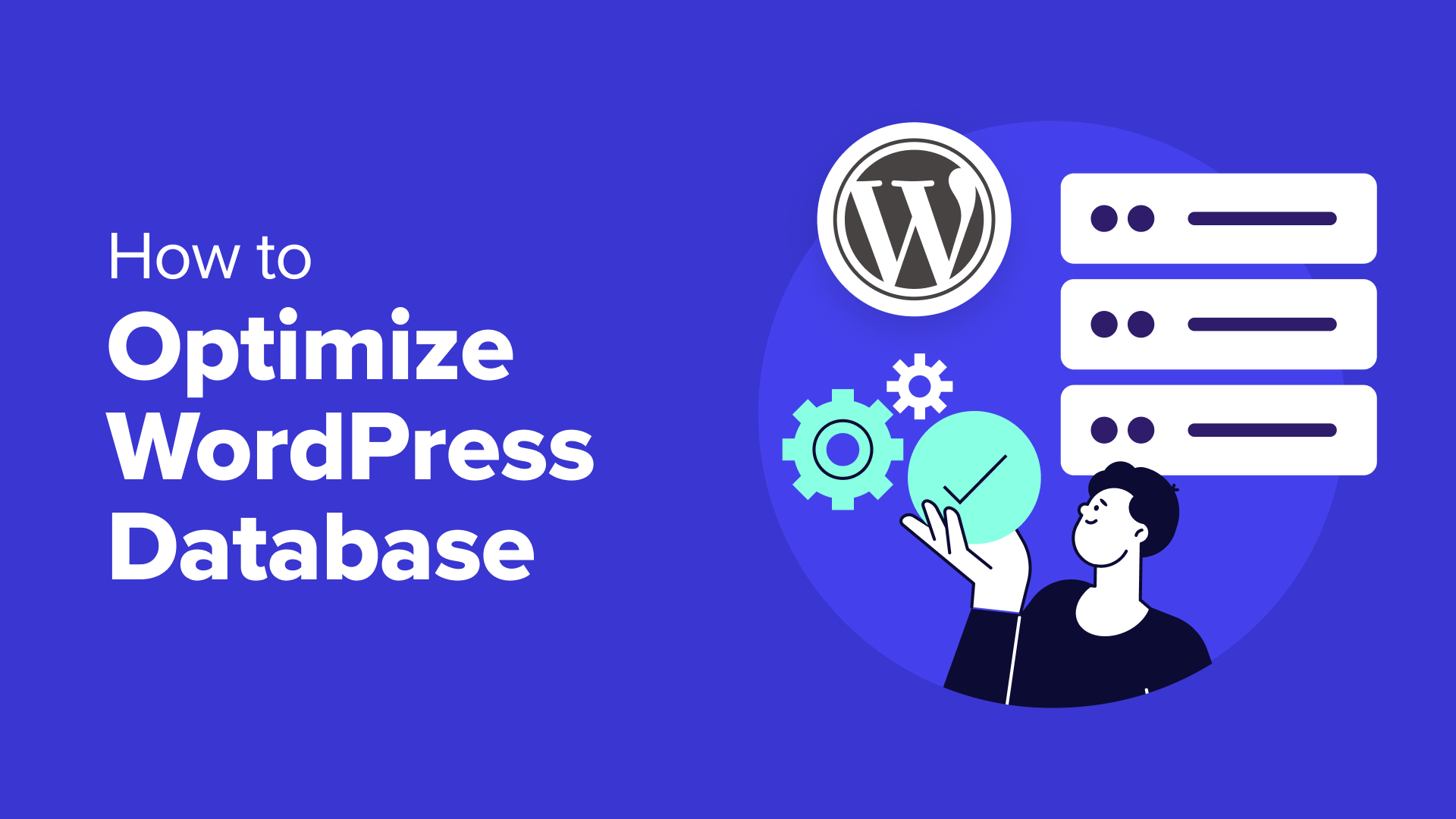
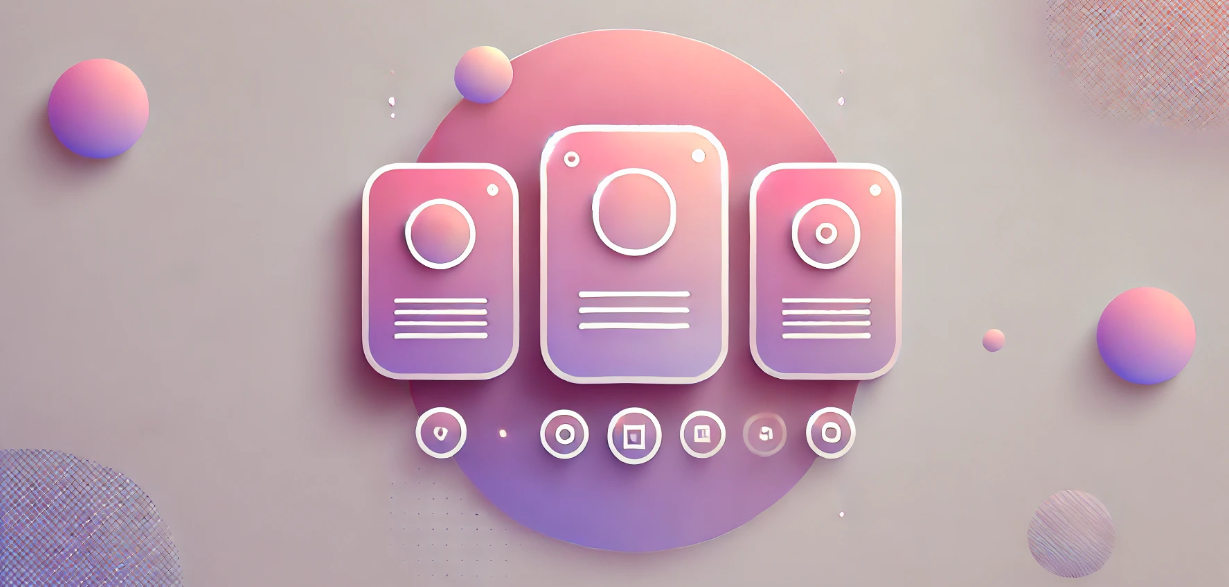
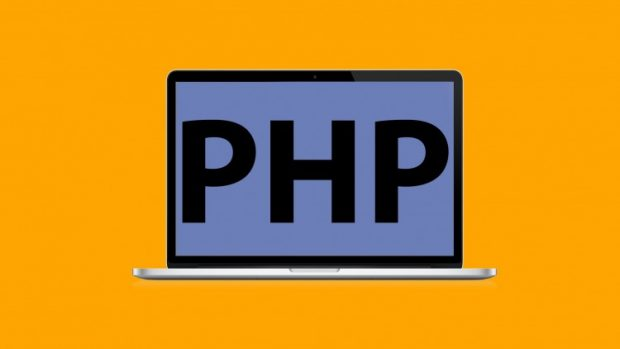
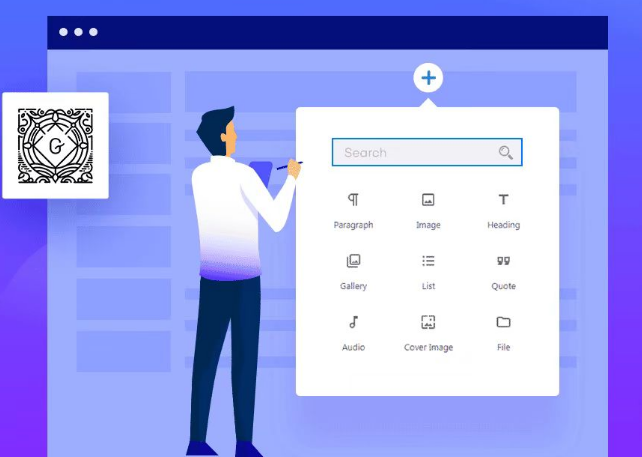
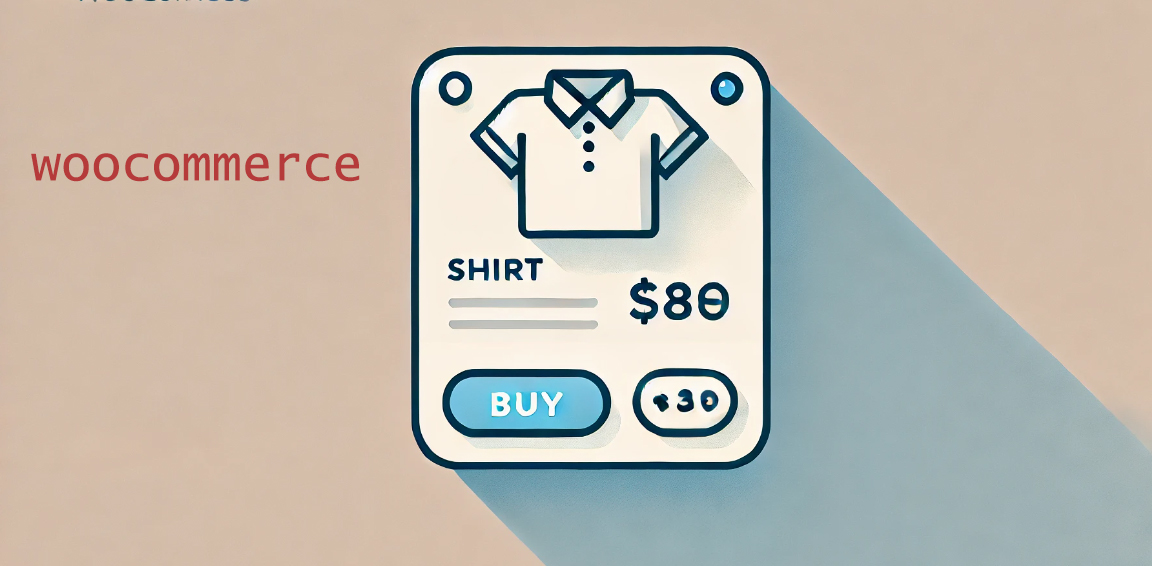


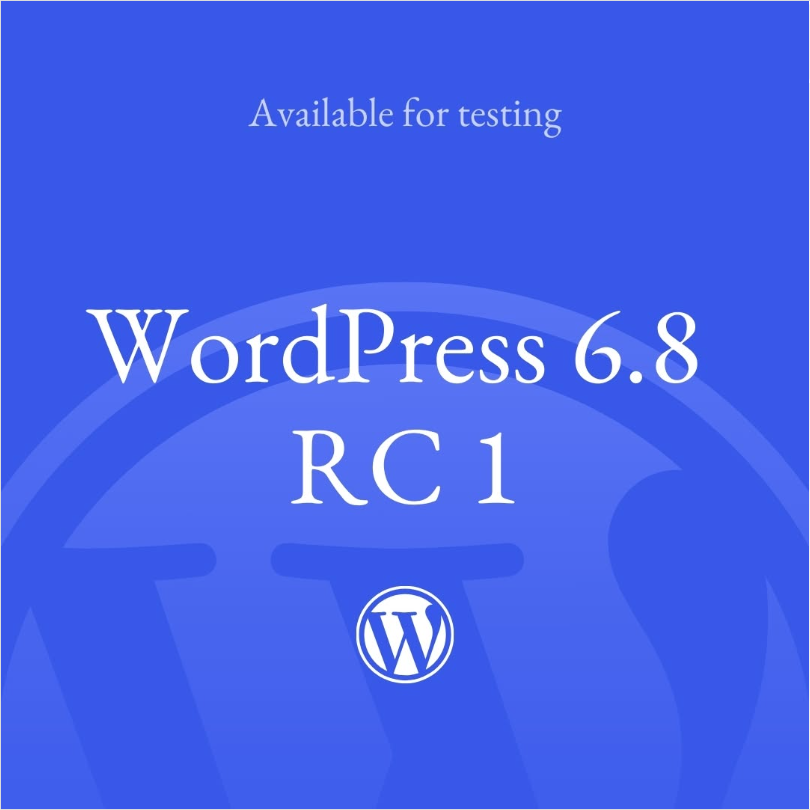
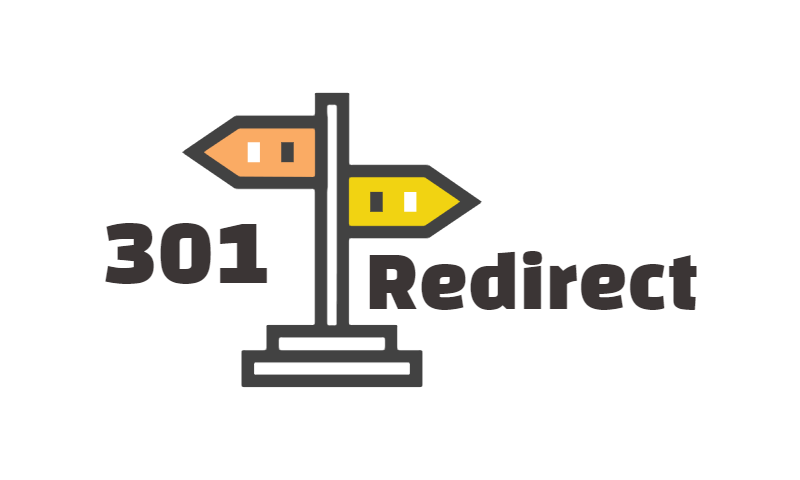
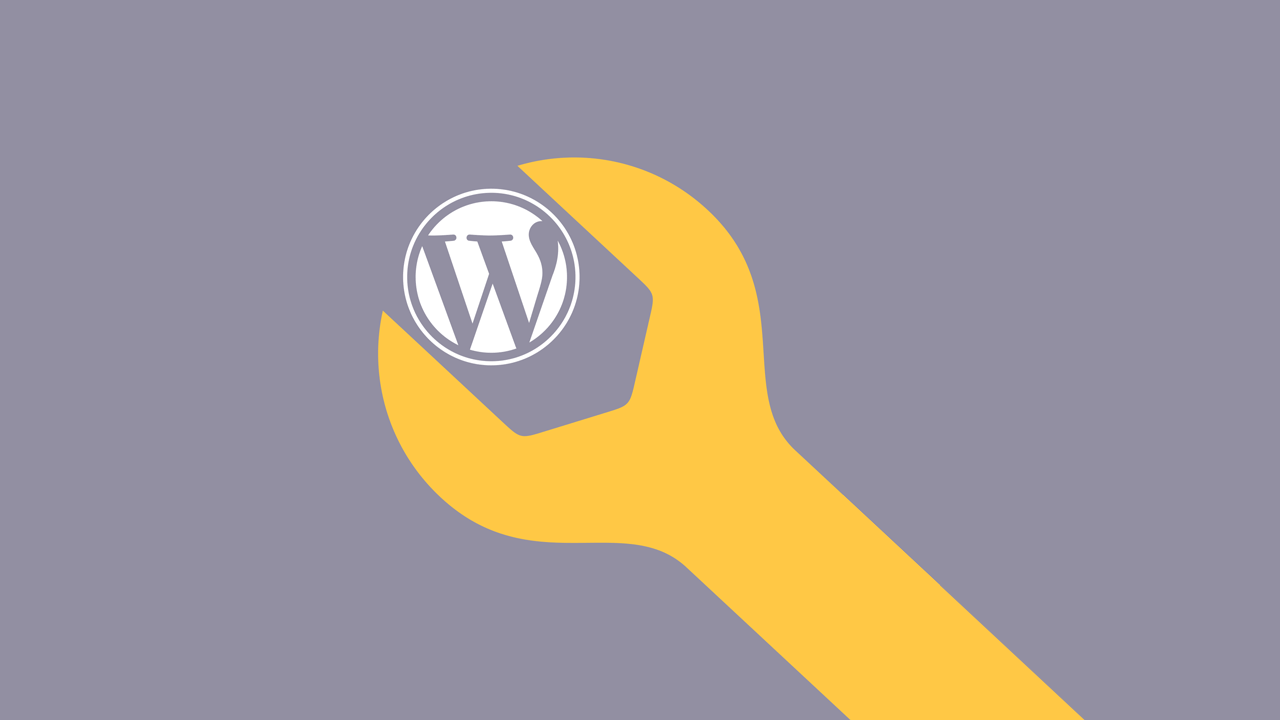
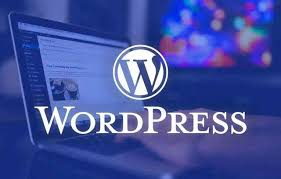
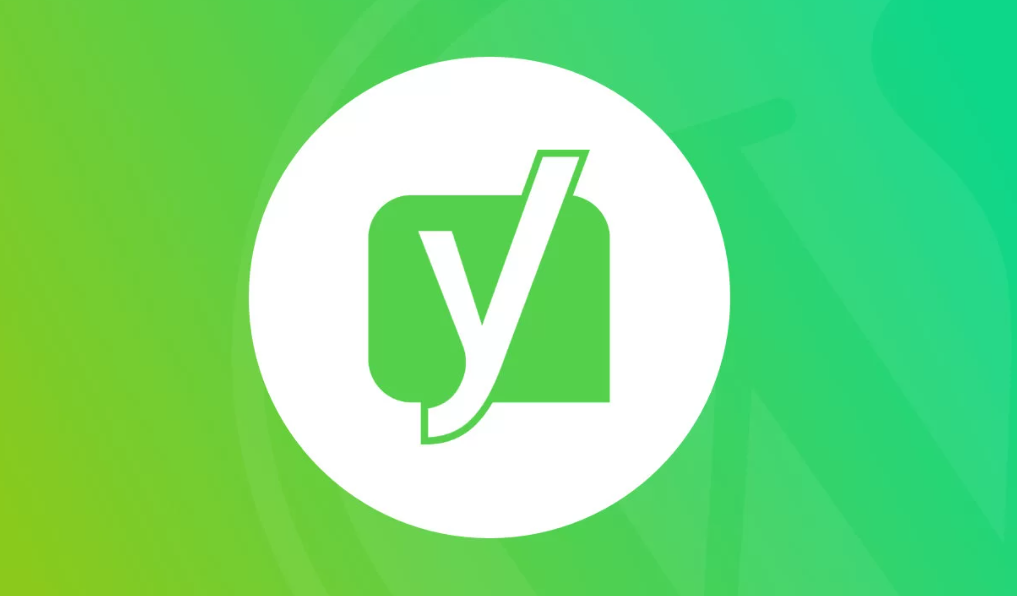




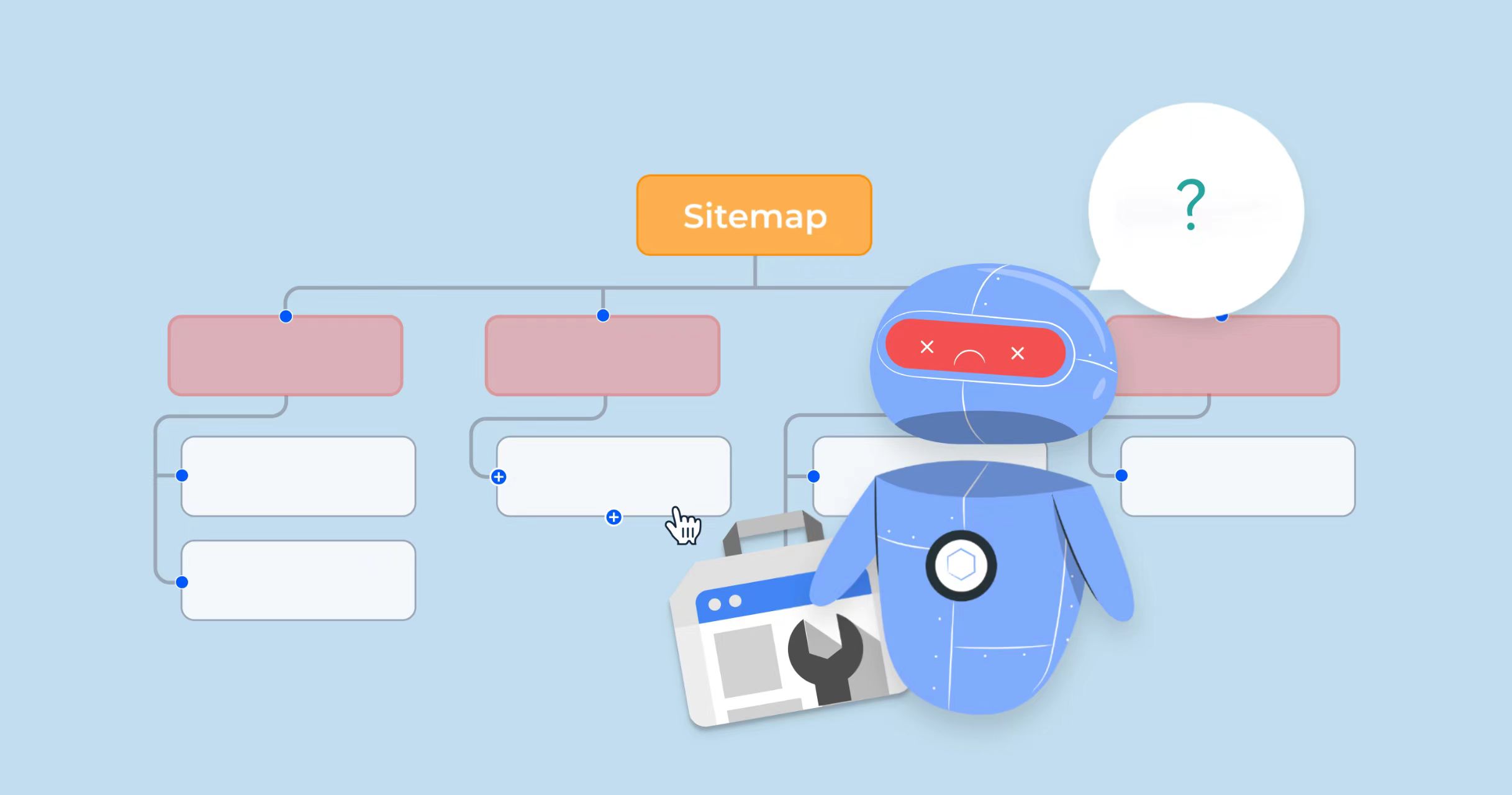
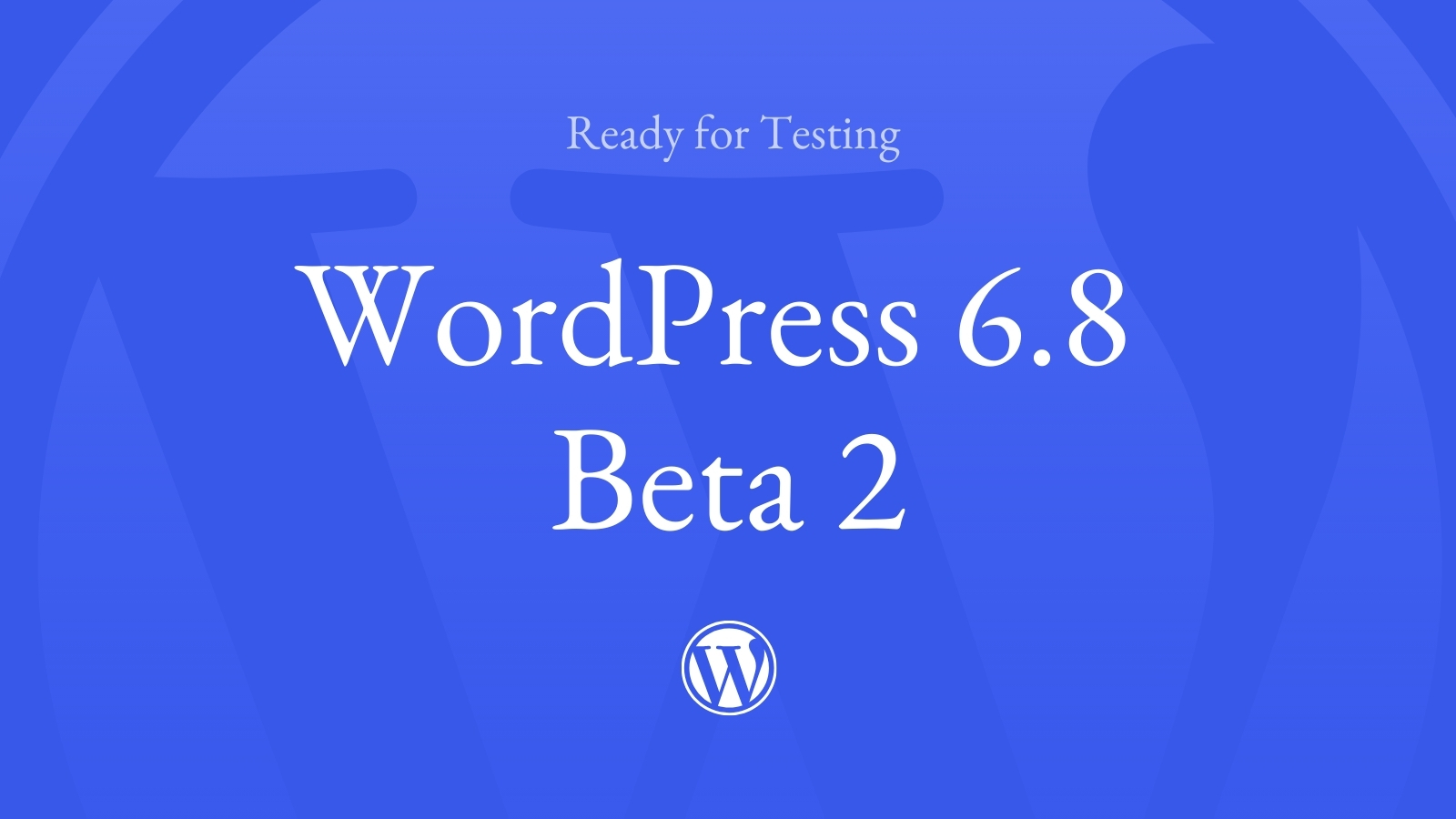









No comments